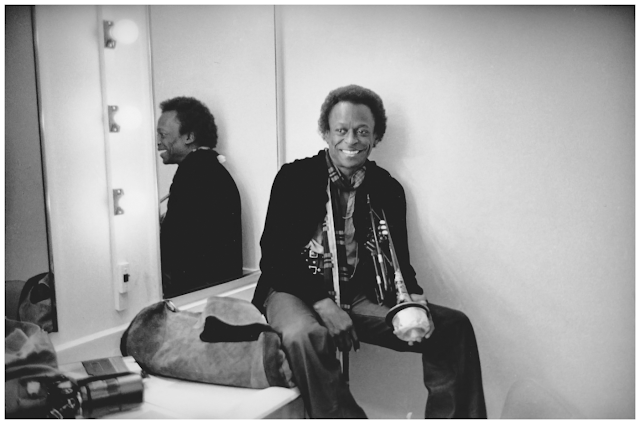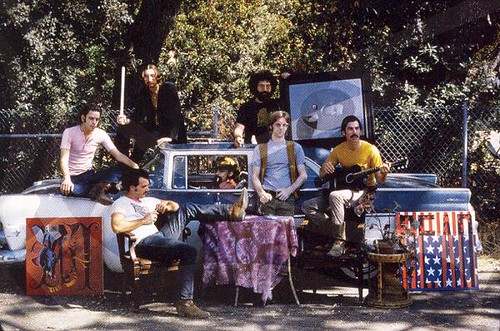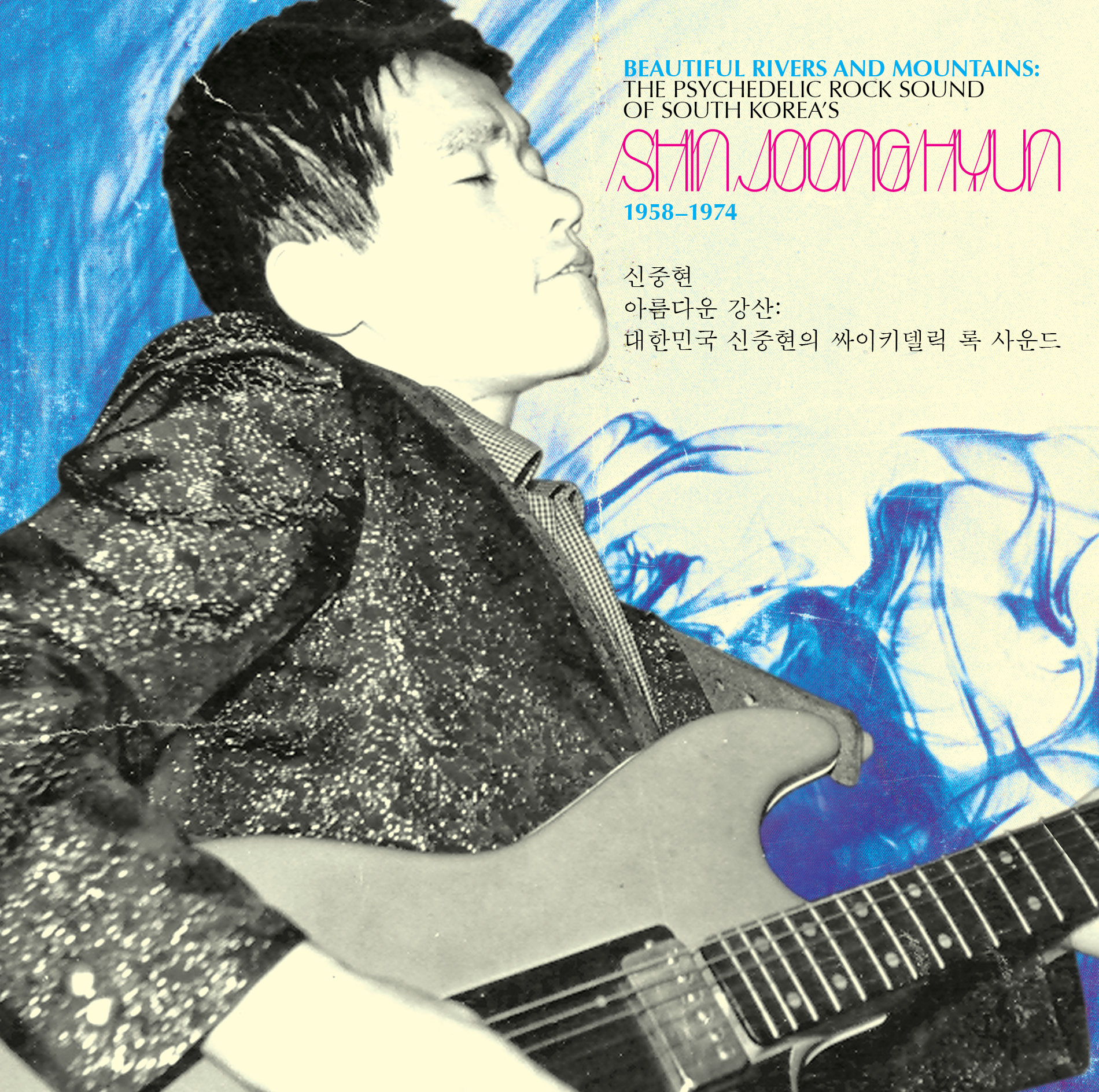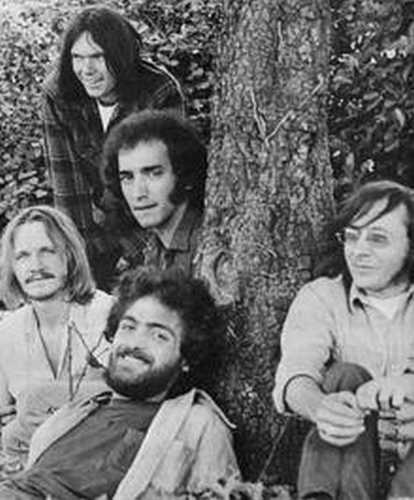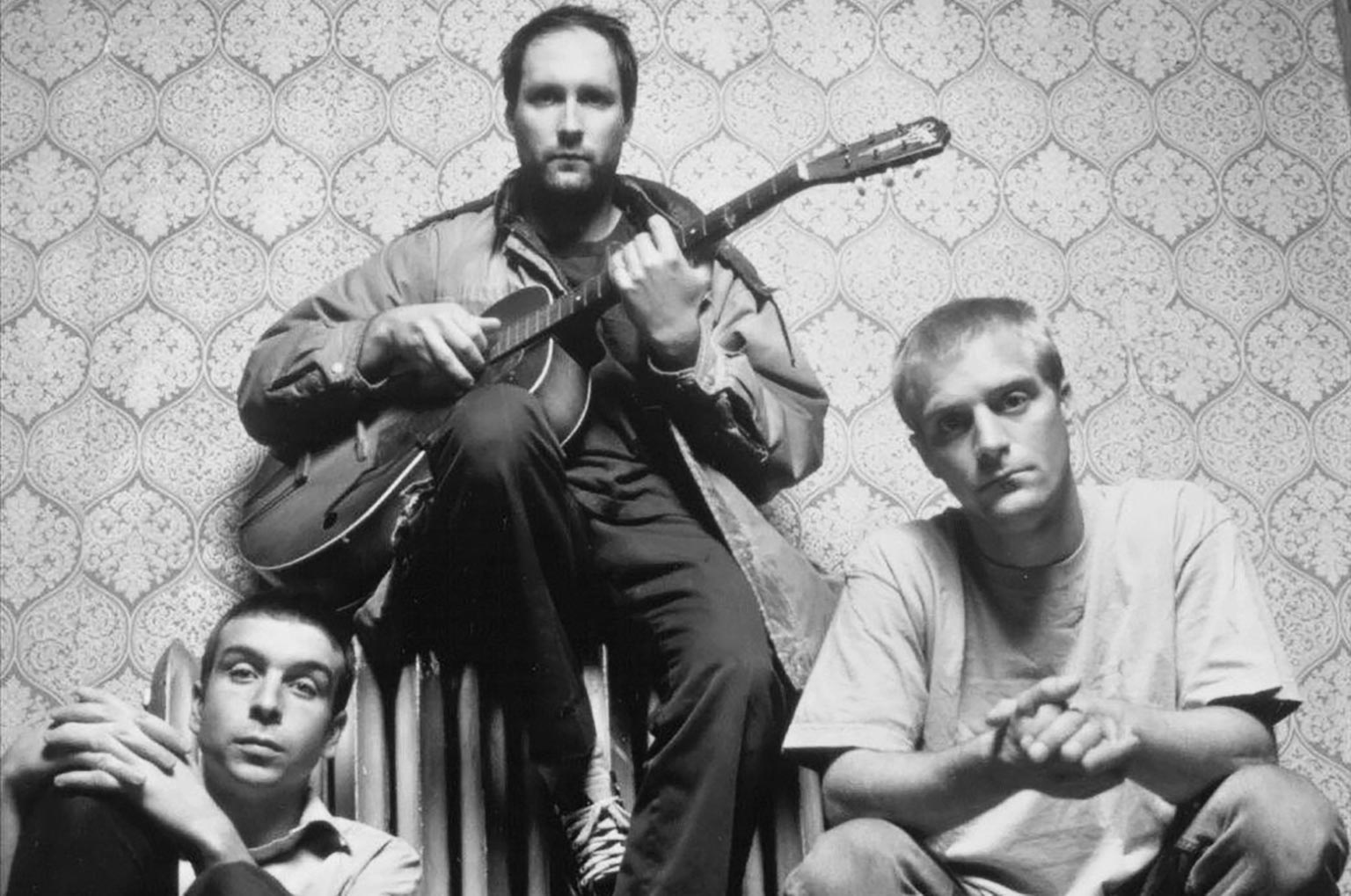"I'm Jack Johnson, heavyweight champion of the world. I'm black. They never let me forget it. I'm black all right. I'll never let them forget it."
What a year it's been...I can't think of a better way to punch out the lights on 2016 while readying our game faces for 2017 than with the great trumpeter Miles Davis and his band:
John McLaughlin - electric guitar
Billy Cobham - drums
Herbie Hancock - organ
Michael Henderson - electric bass
Steve Grossman - soprano saxophone
Right Off is from the album A Tribute to Jack Johnson. It's a funky experimental rock fusion boxing match that has the gloves flying from the opening bell. It starts off in the key of E, McLaughlin kicks out some inspired guitar, all raw and ragged distortion, Henderson lays down the funky groove along with Cobham's shuffling beat. At 2:11, we get the famous moment when Miles enters the studio and McLaughlin changes the key to B-flat. Henderson is still playing in E. Miles splits the air with a hook that both keys can use. At 2:33, Henderson finally gets on track and away we go.
Miles is in complete control of his powers. He blows notes all over the place. McLaughlin gets the wah pedal going at 5:20, wah chording back and forth with Miles, who eventually takes a short breather at 6:25. During the next round, Henderson and Cobham groove, while McLaughlin wahs his way around them. Miles is back at 6:57, playing smooth and cool while McLaughlin messes around with different chords. Cobham picks up on the intensity of the changing moods and hits the drums harder and adds more fills. It is constantly on the verge of going over the cliff, everyone getting into his own thing and accelerating into the unknown.
Around 10:45, we enter a brief hazy middle section, not dissimilar to the middle seagull part of Echoes. Miles plays with a mute through a delay effect. The other musicians come back in at 12:00, with Grossman's sax solo starting up at 12:09. McLaughlin squonks about. Herbie Hancock, who just happened to be passing by the recording room, gets brought in and placed at the organ as the bell sounds at 15:03 for the next round. He jumps into the ring, breathing in the atmosphere, nice distorted tone. At 16:00, he lays his arm across the keys and slowly turns up the volume. Cobham pounds away at the drums, McLaughlin plays some sweet wah wah delay chords. Miles is back at 16:40, eager to get in on the battle royale.
At 18:30, guitar and bass jerk and jar into a new area. Are the fighters tiring? McLaughlin and Henderson twist into a groove of repeated funky licks, shifting it up at 20:23 before heading back into the intro section at 20:30. It's time for a second wind to get us through the final rounds. Herbie stabs and jabs at the organ, kicking out the jams nicely. Grossman is in at 22:56, heading into the final minutes. Miles is outside the ropes, coaching everyone on. McLaughlin and Hancock circle each other, like Rocky and Apollo at the end of the first movie, both getting in their licks. McLaughlin gets in some final blows in after the 25:30 mark, channeling his inner Jimi. Ladies and Gentlemen, we have a draw. Happy New Year, everyone! Peace.
